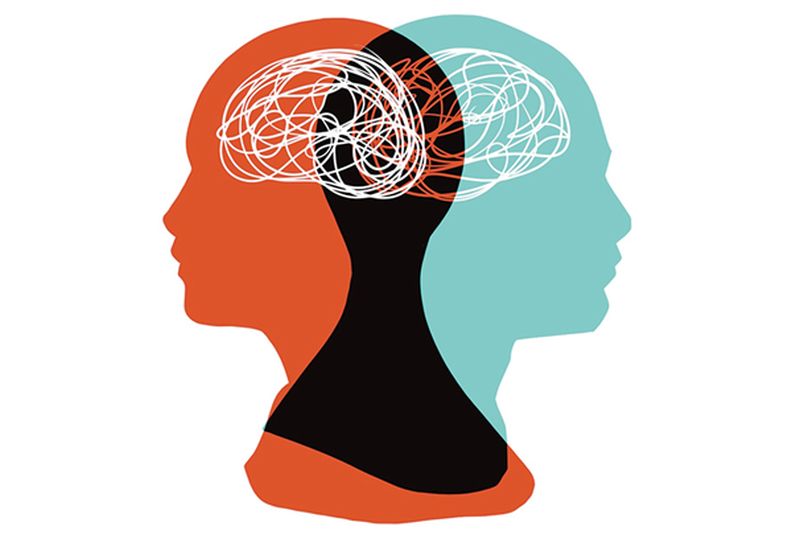When we think about the health problems of older people, we usually think of physical conditions. The constantly progressing aging process of the body negatively affects not only physical health, but can also lead to the development or worsening of ailments related to the psyche already existing in a given individual.
The most common mental disorders in the elderly
Elderly people, as in any age group, can develop a wide range of psychiatric disorders. Most psychiatric disorders can appear in people regardless of age, but age itself may increase the risk of developing the disorder (e.g. eating disorders may appear at any age, but the period of increased risk occurs in adolescence and young adulthood) and may affect its course , giving you a different range of symptoms.
1. Depression
It is associated primarily with a depressed mood, loss of interests and willingness to live, and a constant feeling of fatigue and lack of strength. Depression may appear slightly different in the elderly. Depressed mood may be present in the depression of old age, but in this case, irritability is particularly characteristic and easily noticeable by the environment.
Older people may also complain of somatic and cognitive problems, such as difficulty concentrating and memory loss. However, they are not the result of an existing physical condition, but rather the result of depression. Other symptoms of depression that we see in older people include loss of appetite, trouble sleeping, and strong feelings of guilt and regret.
Elderly people are often lonely, suffer from loss of meaning in life, believe that they are unnecessary to their surroundings and struggle with numerous physical ailments that are the source of chronic pain. These factors make an elderly person particularly vulnerable to the development of depression.
2. Dementia
These are disorders closely related to the aging of the body. These include, for example, Alzheimer’s disease, temporo-frontal dementia, and dementia with Lewy bodies. Dementia disorders are often equated with memory problems. Although in the course of dementia disorders we do deal with a progressive deterioration of memory, it is not the only symptom of disorders in this group. Other symptoms include, for example, mood lability, behavioral changes, speech disorders, and apathy.
Find more information: Senior care services
3. Anxiety disorders
They are manifested by sleep problems (e.g. difficulty falling asleep, waking up early), the feeling of constant fatigue and lack of strength, nervousness and irritability. People suffering from anxiety disorders may also develop somatic symptoms such as headaches, digestive problems, increased muscle tension, heart palpitations.
4. Disturbances of consciousness
Especially often found in the elderly (usually aged 70+). They can arise as a result of natural degenerative changes occurring in the body during the aging process or as a result of somatic diseases such as, for example, a stroke. Consciousness disorders are manifested by difficulties in recognizing the environment (who is who, what is happening, where am I, etc.)
Old age is a stage of life in which a person is exposed to a significant deterioration of both physical and mental health. There are many mental disorders whose symptoms can significantly worsen the functioning of an elderly person. It is important to pay attention to changes in behavior and mood occurring in our loved ones and to react as soon as possible, seeking help from specialists. Rapid treatment may eliminate symptoms of disorders (e.g. depression or anxiety disorders) or slow their progression (e.g. dementia).
Resources: Cornerstone of Southern California
Article Submitted By Community Writer




